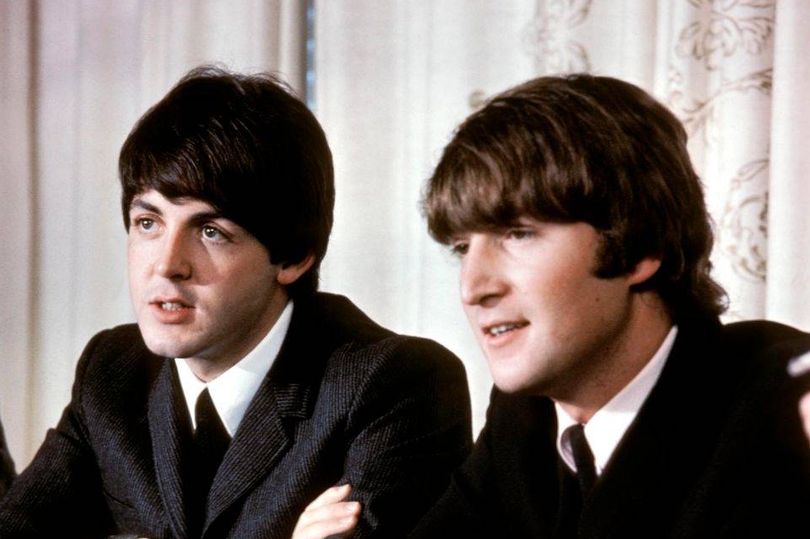The Lasting Impact of a Friendship and the Struggle for Recognition
Paul McCartney, one of the most celebrated figures in music history, has always held a deep connection with his former Beatles bandmate John Lennon. Their friendship, which began when they met at a church fair in 1957, became the foundation of one of the most successful songwriting partnerships in the world. Together, they created some of the most iconic songs in music history, shaping the sound of an era and leaving an indelible mark on popular culture.
The partnership between McCartney and Lennon was not just about talent—it was about mutual inspiration. They had a unique ability to recognize and build upon each other’s ideas, often finishing each other’s thoughts and enhancing the creative process. As McCartney reflected in his book The Lyrics: 1956 to the Present, their collaboration was built on trust and understanding. “A lot of what we had going for us was that we were both good at noticing the stuff that just pops up, and grabbing it,” he wrote. This synergy allowed them to craft hits like All My Loving, where Lennon’s last-minute addition of playing the chords as triplets transformed the song into something magical.
Despite their immense success, the relationship between McCartney and Lennon faced challenges, especially during the breakup of The Beatles. Financial disputes and creative differences led to tension, but even after the group disbanded, their bond remained strong. It was only after Lennon’s tragic death in 1980—murdered by Mark David Chapman in front of his New York City home—that McCartney began to feel the weight of a different kind of struggle.
A Shift in Perception and the Rise of Revisionism
Following Lennon’s death, many fans and critics began to re-evaluate The Beatles’ legacy. There was a growing narrative that placed more emphasis on Lennon’s contributions, often sidelining McCartney’s role. This shift, which McCartney referred to as “revisionism,” left him feeling insecure about his place in the band’s history. He noticed that people started to view him as secondary to Lennon, even suggesting that he had merely been the singer of Yesterday and that his success was due to luck rather than talent.
McCartney expressed his frustration during a 2001 interview with Rolling Stone. “It seemed that after John died, there started to be a revisionism,” he said. “There were some strange quotes, like, ‘John was the only one in the Beatles.’ Or ‘Paul booked the studio.’” These comments, he felt, undermined his contributions and painted a distorted picture of their collaborative efforts.
One particularly painful moment came when he saw a version of Hey Jude credited solely to John Lennon. “That was the killer blow,” he said. “I thought, ‘This is what I meant when people said, ‘Don’t worry, Paul.’” This experience reinforced his belief that the way their work was credited needed to reflect the true nature of their partnership.
Fighting for Credit and Legacy
In an effort to correct this misperception, McCartney sought to ensure that his contributions to The Beatles’ songs were properly recognized. He reached out to Yoko Ono, Lennon’s widow, to request that the credits on the Beatles Anthology reflect the full extent of their collaboration. However, Ono refused, leading to further frustration.
Despite the setback, McCartney continued to assert his role in their shared legacy. In his book The Lyrics: 1956 To The Present, he credits all co-written Beatles songs to “Paul McCartney and John Lennon.” This decision was not just about personal recognition—it was about preserving the truth of their partnership for future generations.
A Legacy That Endures
Even decades after The Beatles disbanded, the impact of McCartney and Lennon’s collaboration continues to resonate. Their music remains timeless, and their friendship, though tested by time and circumstance, left a lasting imprint on the world. For McCartney, the challenge of ensuring their shared legacy is remembered accurately is a testament to the depth of their relationship and the importance of their work.
As he once said, “The guy who wrote with John Lennon? Jesus Christ, I mean, what about that?” For McCartney, the privilege of working alongside Lennon was enough to make his life extraordinary. And while the battle over credit may never fully be resolved, his dedication to honoring their partnership ensures that their story will continue to be told.







